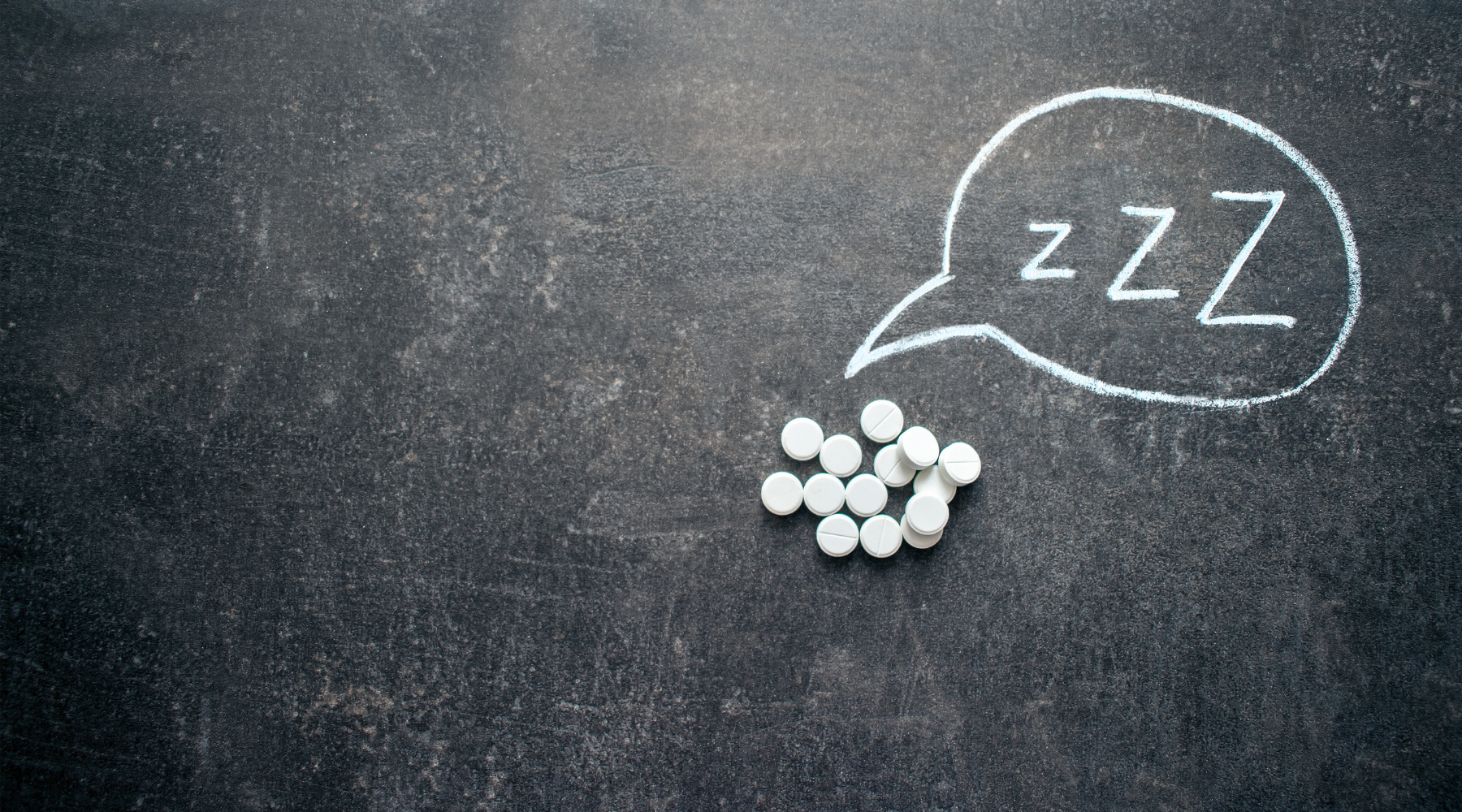Each week, OMRF Vice President of Research Dr. Rod McEver opens “Adam’s Journal” to answer a medical question from Adam Cohen, OMRF’s senior vice president & general counsel.
Adam’s Journal
Melatonin seems more popular than ever. Does it work? Is it safe to use?
Dr. McEver Prescribes
Melatonin is a naturally occurring chemical our brains produce in response to darkness. It helps regulate our internal clock and induces sleepiness.
Synthetic versions are sold as dietary supplements. Research suggests these supplements can reduce the time it takes to fall asleep, but their impact on sleep quality and total sleep time isn’t clear.
Unlike sleep aids such as Benadryl, melatonin does not cause immediate drowsiness. Instead, it signals to the body that it’s time to prepare for sleep. Whether and how long it takes to work varies from person to person.
Short-term use of melatonin appears to be safe for most adults, but there’s little information on the risks of high doses and long-term use. And because the Food and Drug Administration doesn’t regulate dietary supplements as strictly as prescription and over-the-counter drugs, buyers need to beware.
In a 2017 study of more than 30 melatonin supplements, researchers found that in most samples, the amount of melatonin listed on the label did not match what was in the product. More than 25% of the supplements also contained serotonin, a hormone that can be harmful even in small amounts
If you do choose to use a melatonin supplement, look for the U.S. Pharmacopeial Convention’s “USP Verified” mark, which means the supplement contains the ingredients listed on the label in the declared potency and amounts.
Most of us produce enough melatonin for sleep on our own. To make the most of natural melatonin production, dim the lights a couple of hours before bedtime and limit screen use: blue light emitted by smartphones and TVs suppresses natural melatonin release, making it harder to fall asleep.
–
Do you have a health query for Dr. McEver? Email contact@omrf.org and your question may be answered in a future column!




